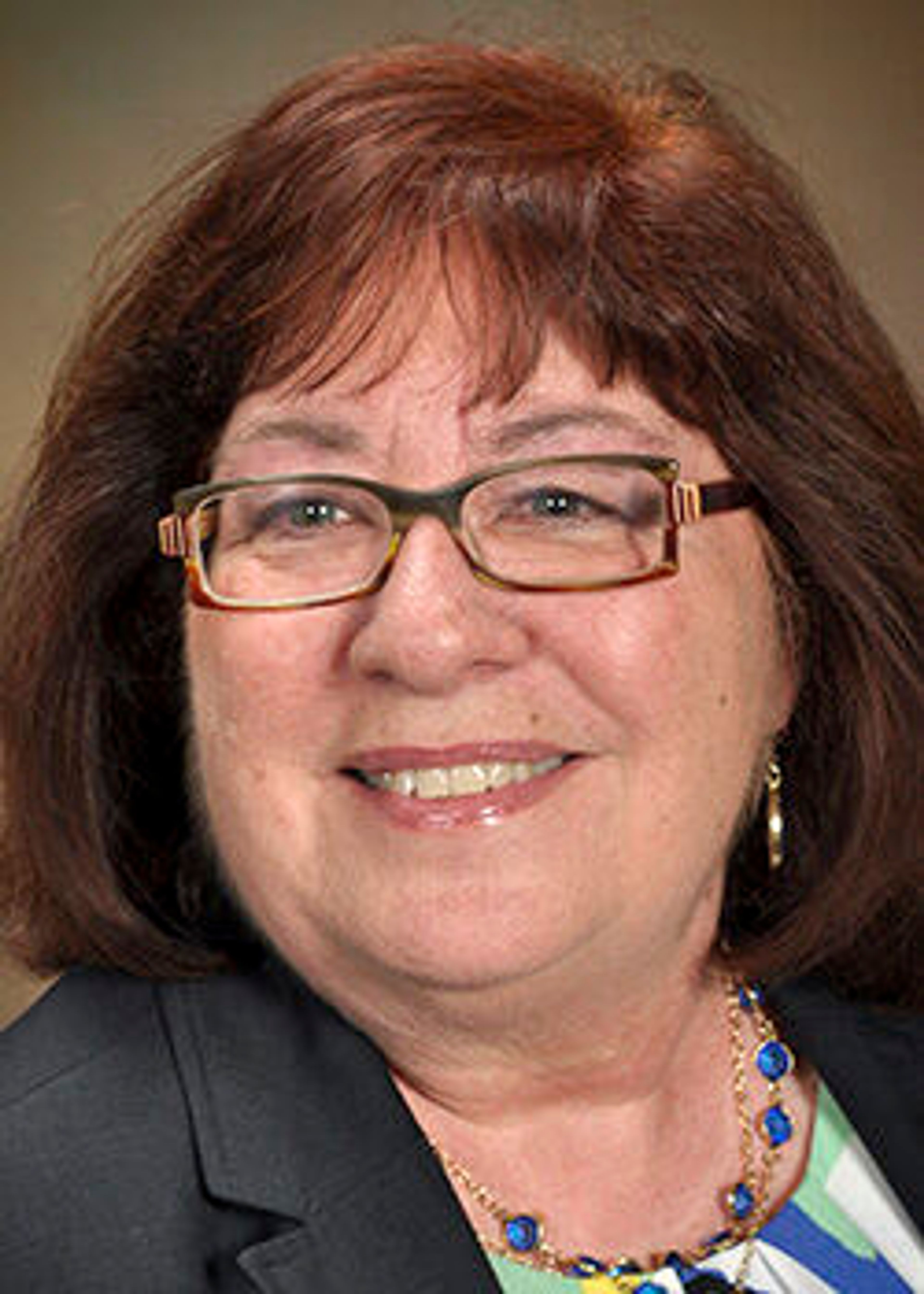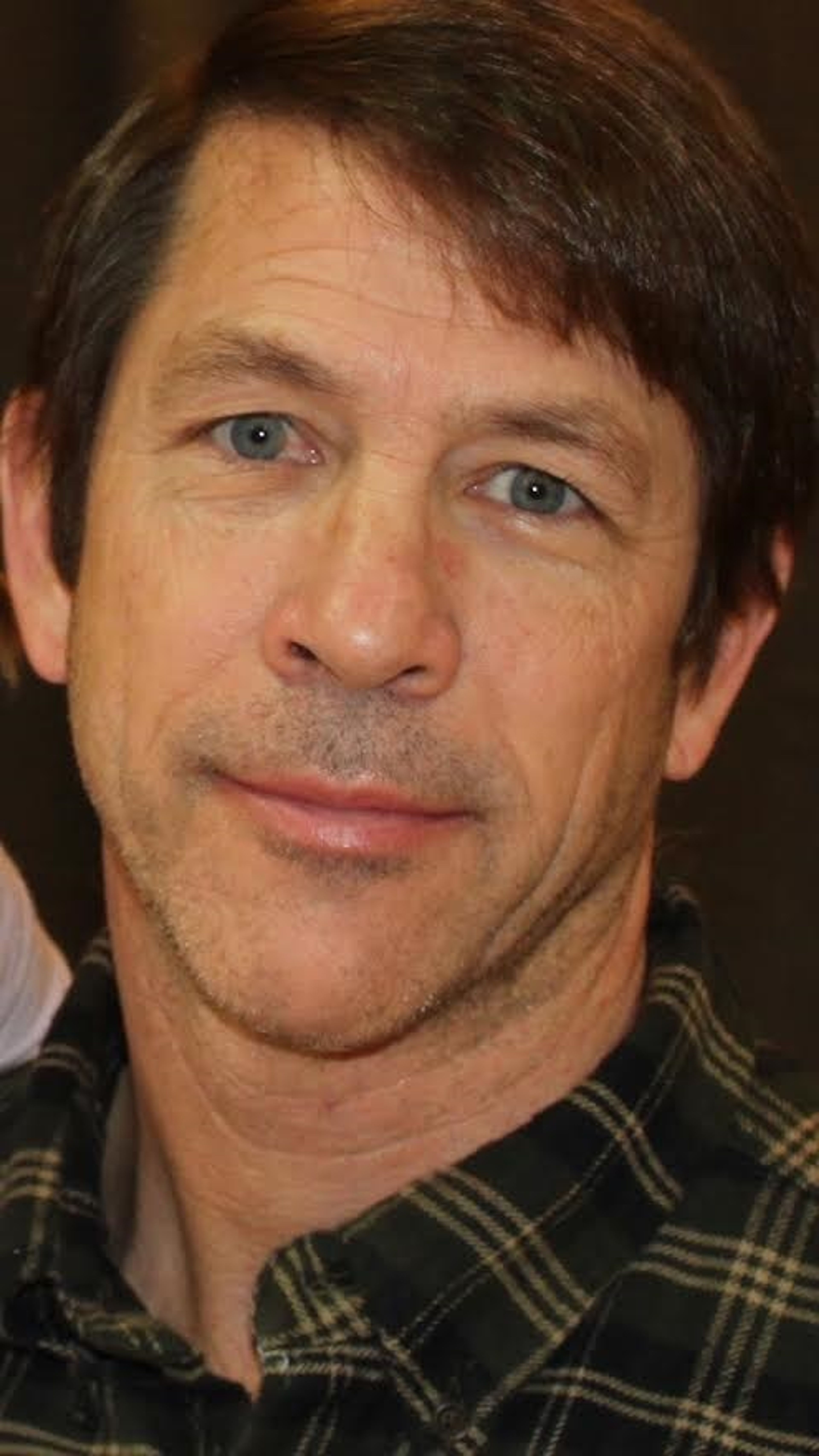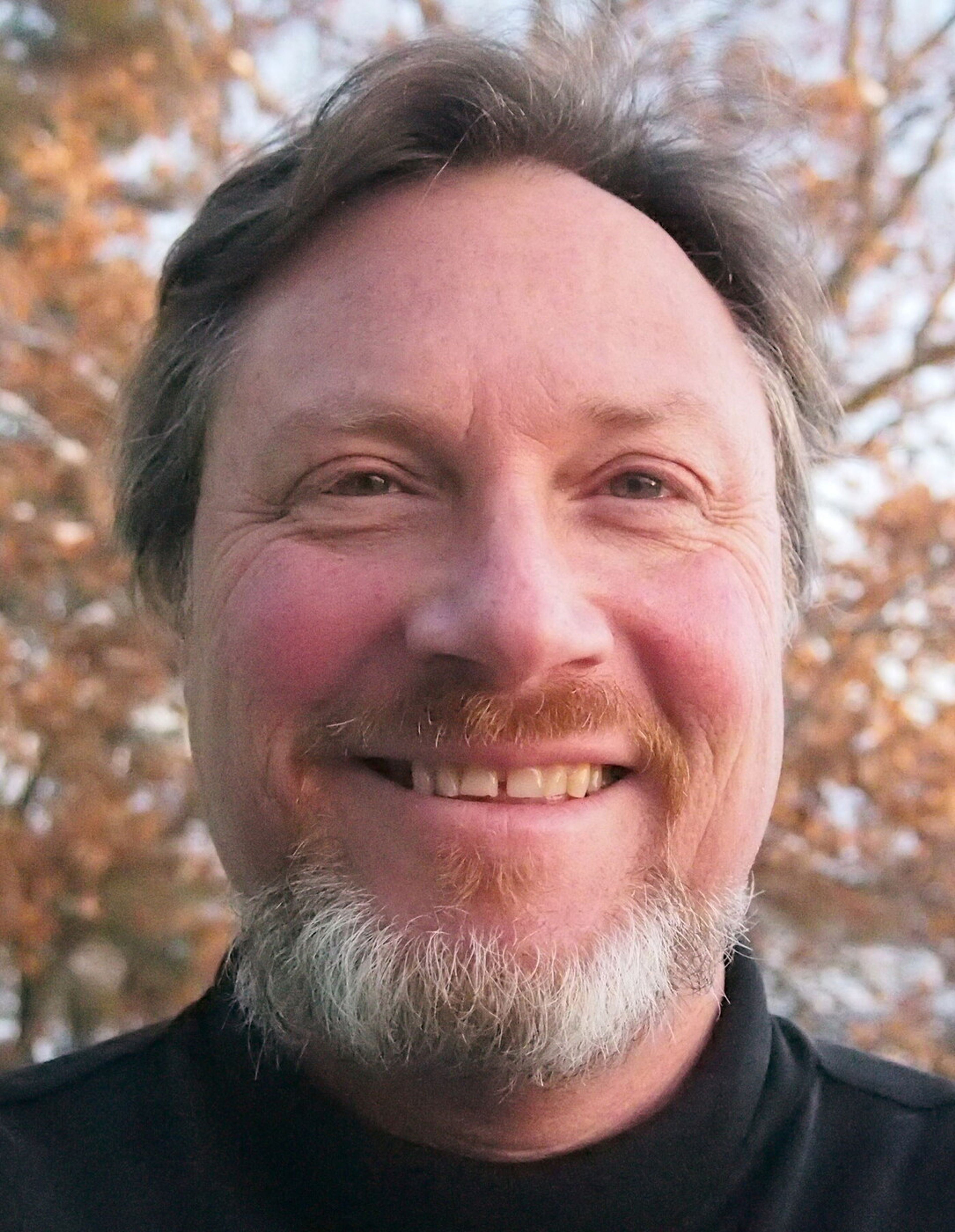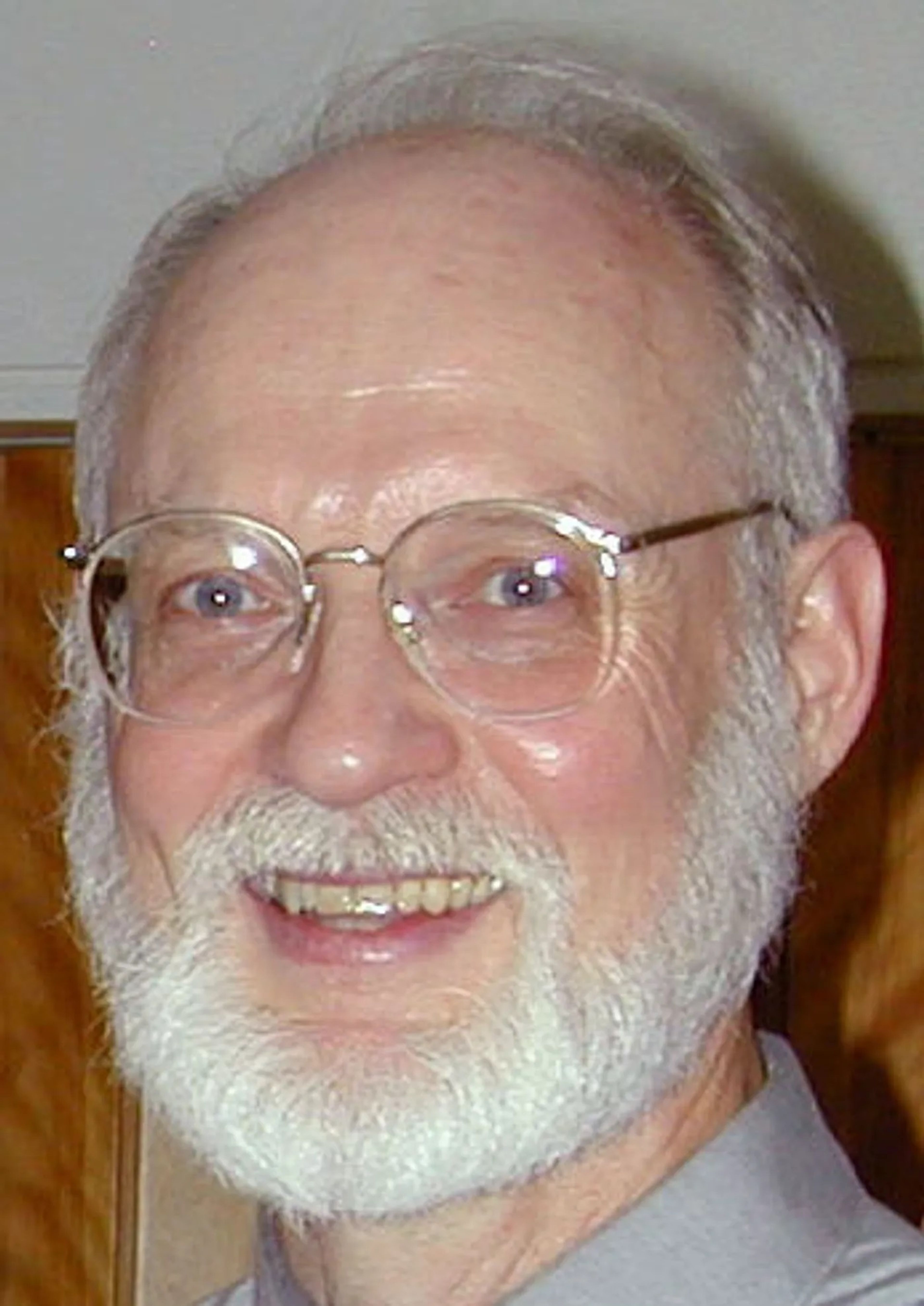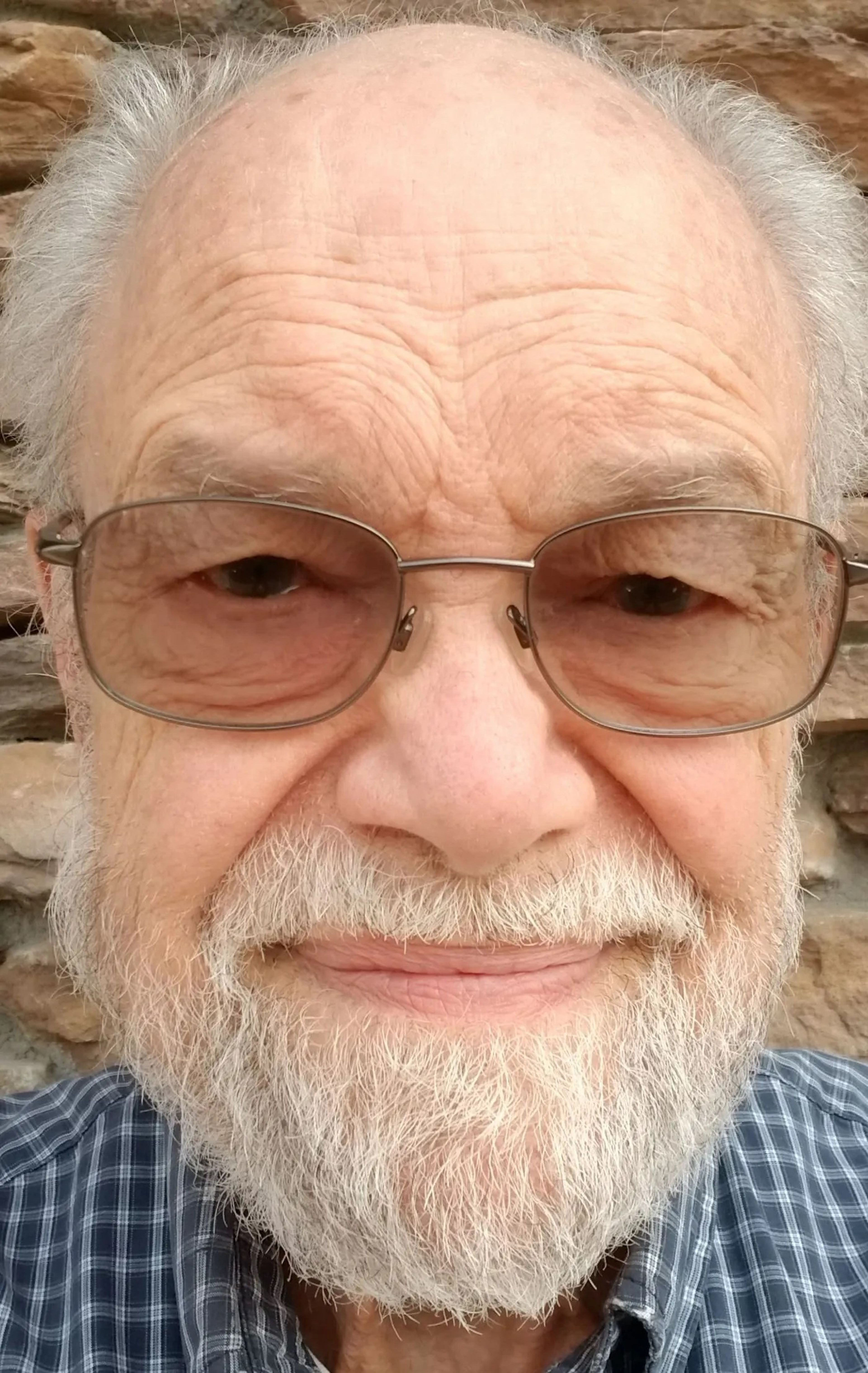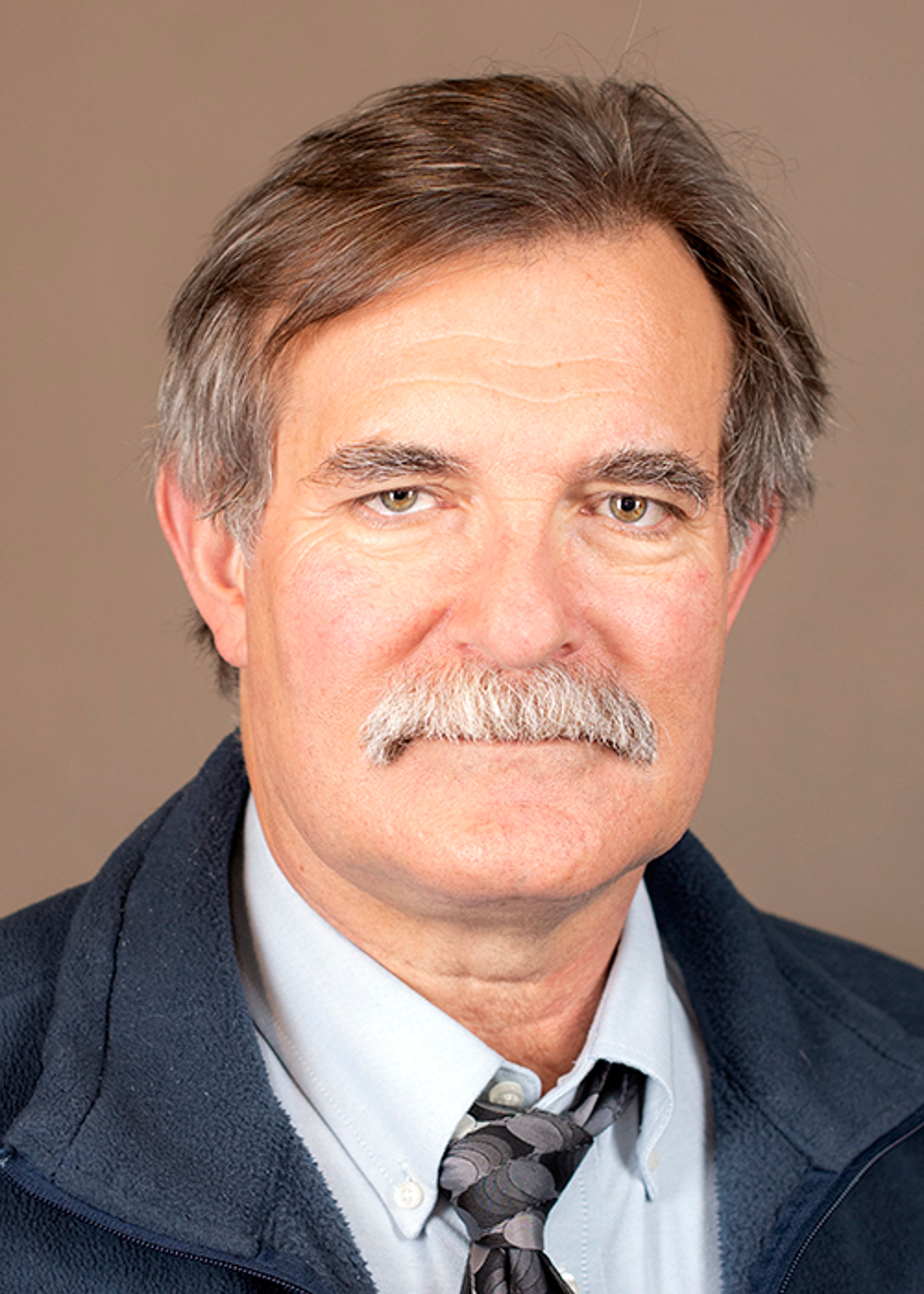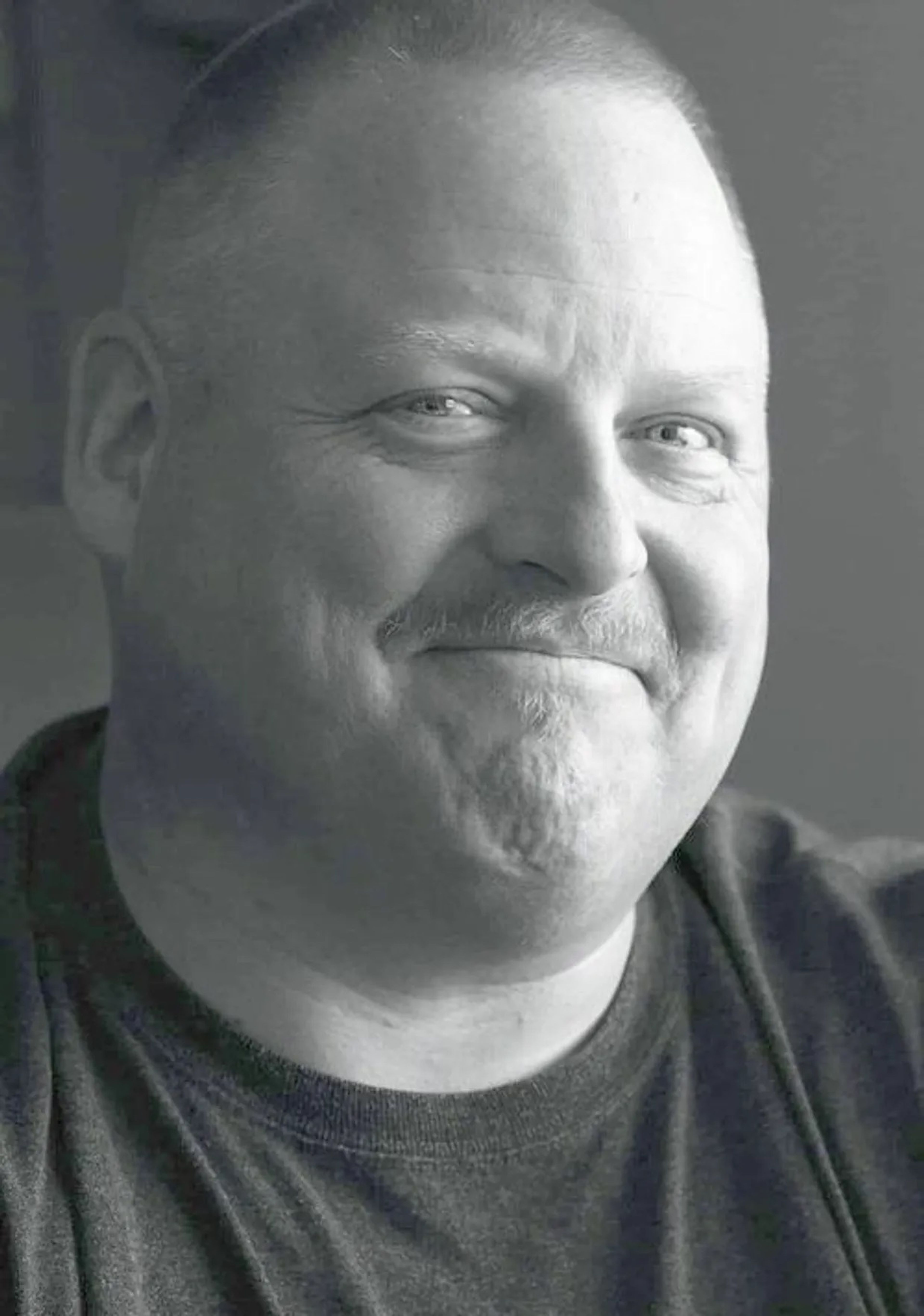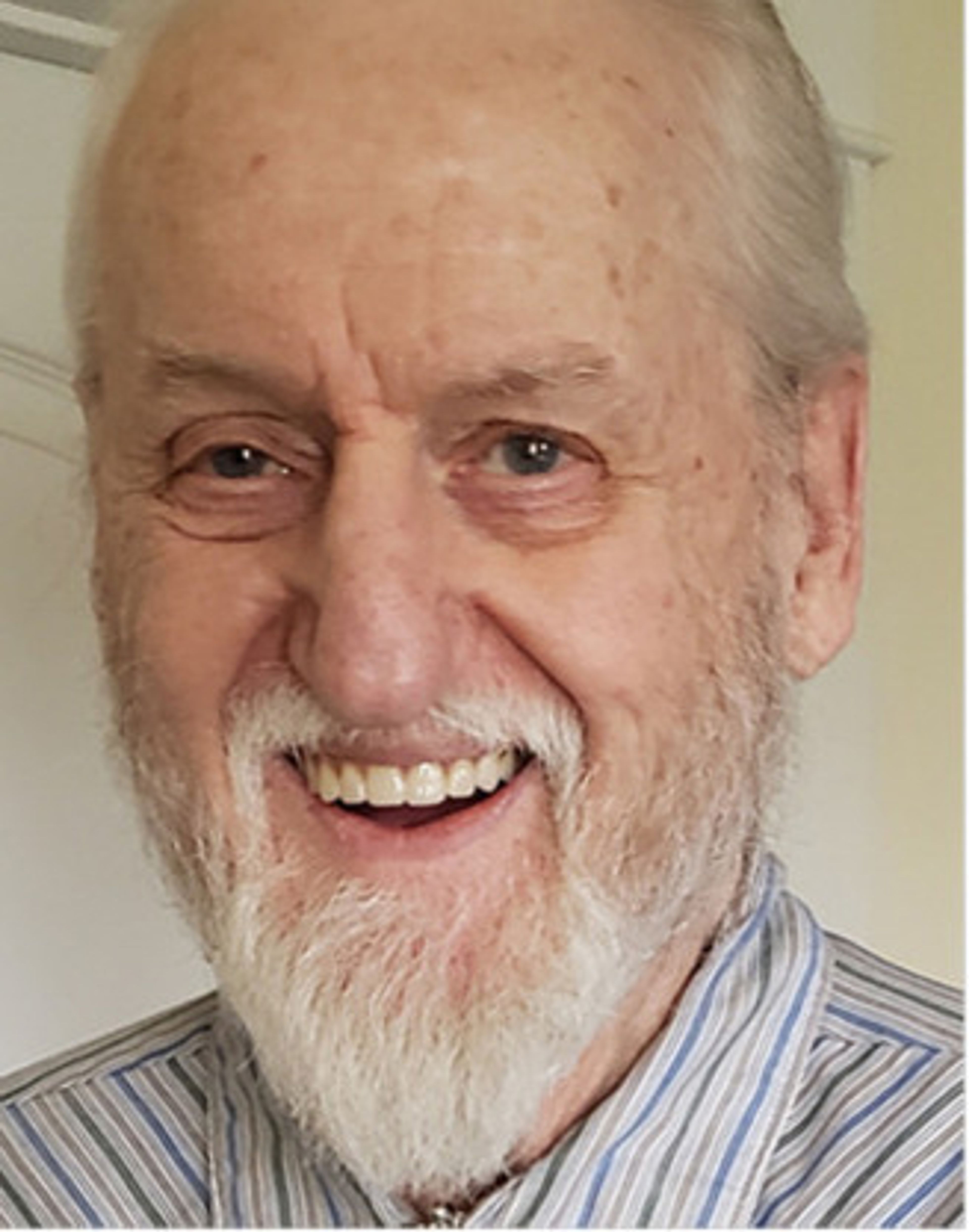Once upon a time in journalism, sharing news between competitors was unthinkable.
Press pools, a staple of major military events for years, have been decried by reporters, producers and editors alike. The idea of another news organization sharing a story would be cause enough for some journalists to want to resign in disgust.
That was then, this is now.
Recently, the Moscow-Pullman Daily News and the Lewiston Tribune announced there would be a sharing system in place for certain stories — especially from the Idaho Legislature — with the Idaho Press at Nampa to get information to many people in a rapid and cost-effective way. While this may be news to some subscribers, those of us who follow the industry know this is an emerging trend which has some positive benefits.
Managing editor Craig Clohessy also said the Daily News and the Tribune will continue a partnership with Northwest Public Broadcasting at Washington State University through health reporting with NWPB reporter Rachel Sun. The Daily News also has agreements in place with Spokane Faith and Values and High Country News for commentary.
These new agreements come at a time when many new nonprofit newsrooms have sprung up in the past few years, including the Idaho Capital Sun, which covers areas other news organizations cannot due to budget or other restrictions. Nonprofit news groups such as the Capitol Sun (part of the nationwide States Newsroom) allow for other publications to use their work if the stories are attributed to them.
At a time when newspapers are shutting down, this is a lifeline.
Capitol Sun managing editor Christina Lords said such agreements are a great help to smaller papers.
“I tell people all the time that I’ve worked at small newspapers throughout the state where we as a reporting team sit around the table and discuss our story ideas and try to fill out our daily and weekly budgets,” Lords said. “At every Idaho newspaper I’ve ever worked at, we’ve inevitably said something to the effect of ‘I hope the Idaho Statesman can get to that story,’ or ‘I hope the Associated Press is sending someone to cover that hearing,’ during those budget meetings because we simply didn’t have the bodies to throw at a story due to less and less reporters working at these outlets.”
Lords said readers deserve to know what is going on at the state level, but she also knows few newspapers have the resources to cover the entire state.
“Here’s what I’ve learned after nearly two years of offering up our content to other outlets for free: People don’t necessarily care which reporter wrote which story,” she explained. “They don’t necessarily care which outlet that reporter belongs to. Idahoans just want — and deserve — to know what’s happening in their communities and how their taxpayer dollars are being spent. They deserve to know who is bankrolling candidates during election season, and they deserve to know how decisions are being made under the dome of the Capitol.
“I care less and less about exclusivity in journalism with each passing day. We do. not. have. time. for. it. We do not have nearly the amount of people doing this work to keep good, impactful journalism to ourselves any longer. We’ve seen what a lack of good, fair and accurate information has done to our state and our nation as newspapers shutter their doors every year. Democracy is hanging on by a thread, and journalism still has a very important role to play to keep it alive. We can’t do that if we’re fighting among each other.”
As Clohessy said in his Jan. 13 column which announced the new agreements for the Tribune and Daily News, it wasn’t so long ago that sharing resources with competing newsrooms was completely out of the question.
“But in these challenging times for newspapers and local journalism in general, doing things the same old way is no longer possible. And as I said before, that’s a good thing,” he said.
Amid news closures, this emerging trend looks to be a good thing for getting quality information out to readers and saving democracy, as well as the profession of journalism.
Tallent was a journalism faculty member at the University of Idaho for 13 years before her retirement in 2019. She is of Cherokee descent and is a member of both the Native American Journalists Association and the Society of Professional Journalists. She and her husband live in Moscow with their two cats. She also writes for spokanefavs.com.
